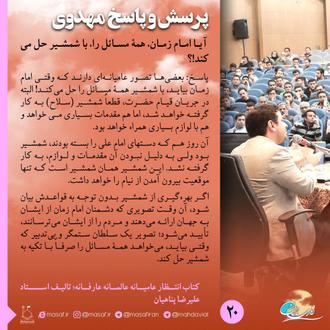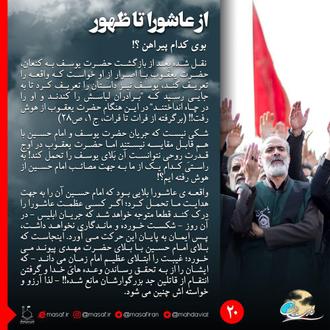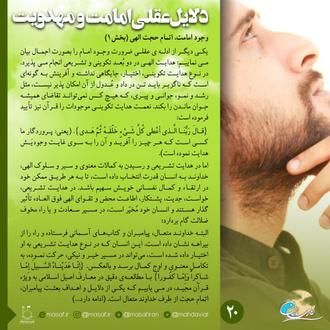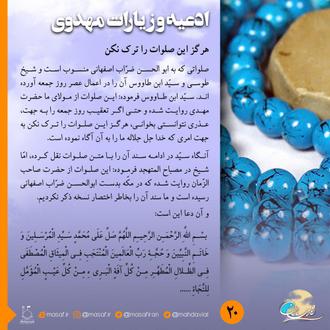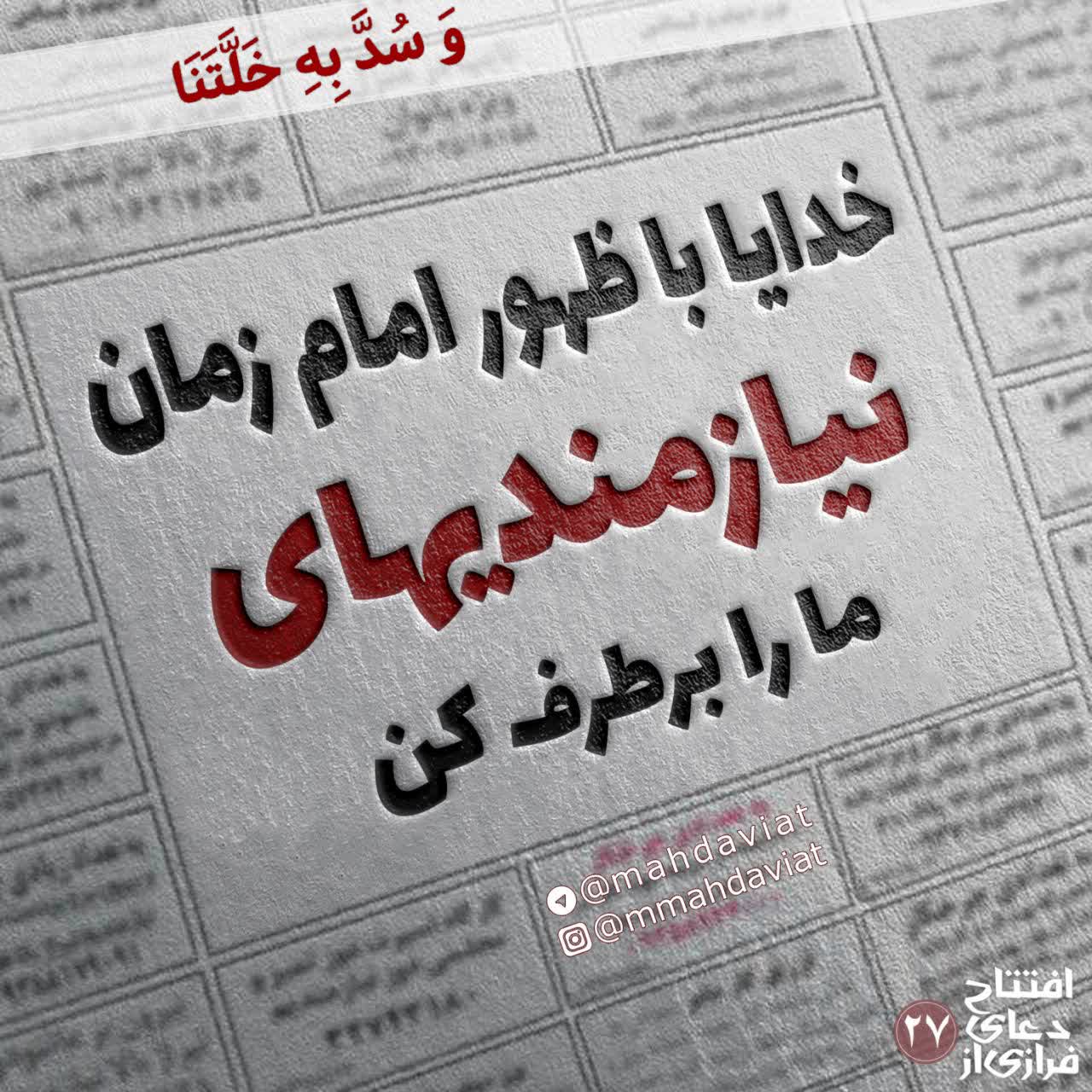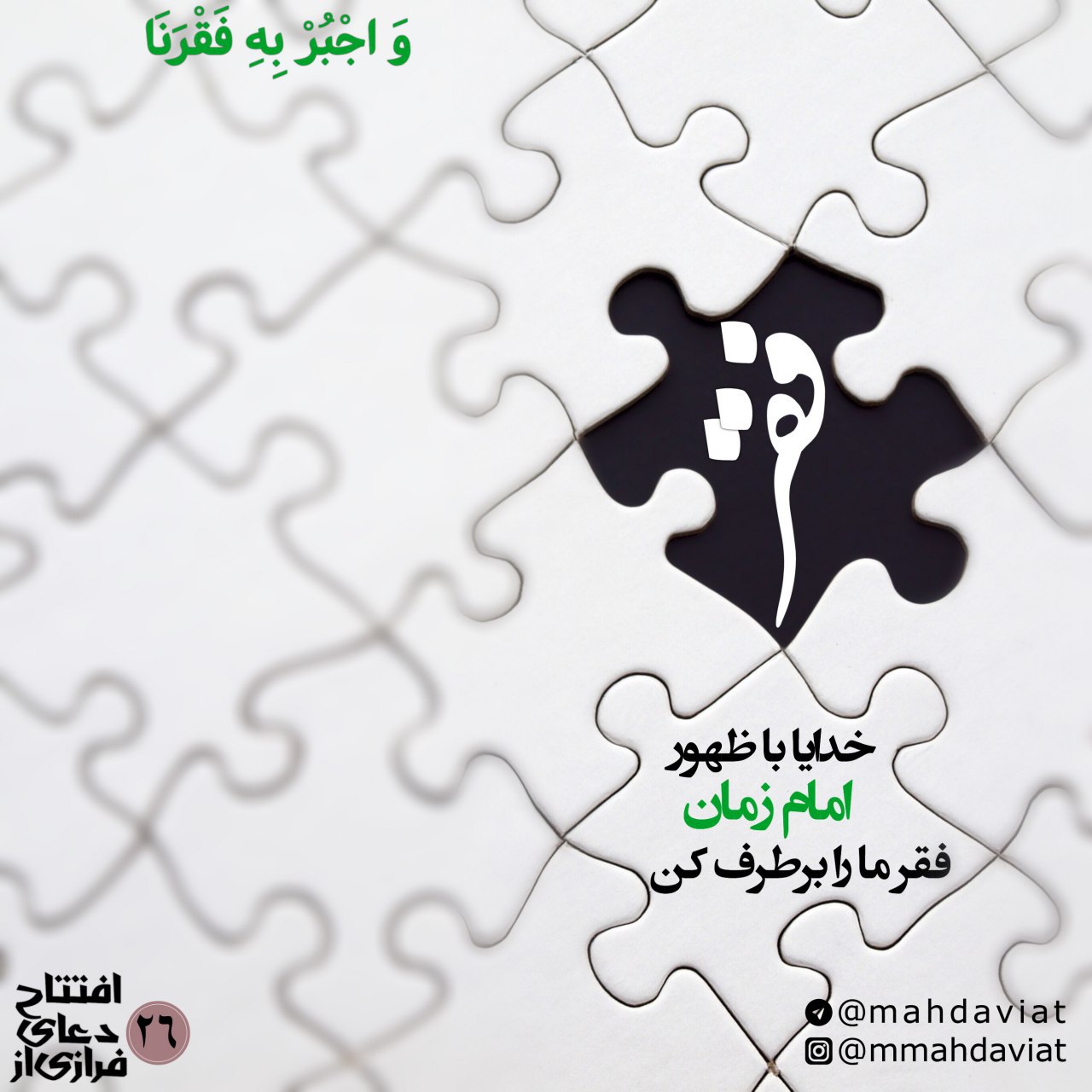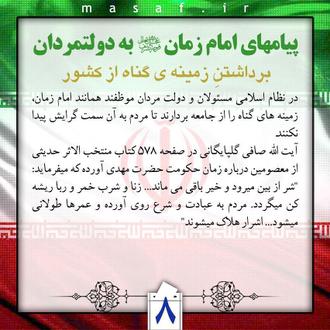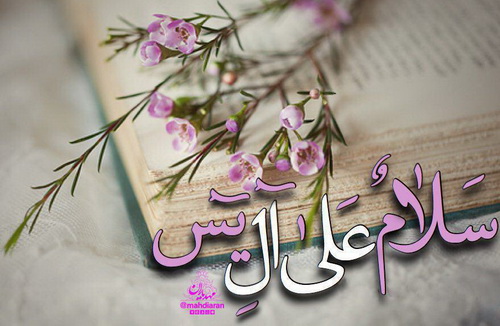Because of the numerous words and titles used in Mahdism connection, in this series of Mahdavi messages, we are going to engage in more important and useful words and titles. God willing.
A- Abdal (the substitutes)
(They are Imam Mahdi’s (PBUH) companions in the Reappearance era.) It is said that: “There are some known decent servants of Allah who the Earth is not vacant of them and whenever one of them is dead, Allah choose another one.” (1) It is narrated that: “They are a group of Imam Mahdi’s (PBUH) companions living in the current Syrian area and reach to him at the Reappearance and swear fealty to him.” (2) Imam Reza (PBUH) said: “Abdal are the successors whom Allah has set the substitutes for prophets.”(3)
A- Antioch
(The place where the original Torah and Bible will be brought out after the Reappearance.) Antioch is the name of a city built 300 years before Christ by the Greeks and now located in Turkey borders. Maybe the use of Antioch in Mahdism narrations denotes the close relation between Imam Mahdi (PBUH) and Prophet Jesus (PBUH). Imam Baqir (PBUH) said: “(Imam Mahdi (PBUH)) brings out the (original) Torah and Bible from a land named Antioch.” (4)
(1: Kanz al-Ummal, v. 11; 2: Al-Ghayba al-Tusi, p. 476; 3: Al-Ihtijaj, v. 2; 4: Elal al-Sharaye’a, v. 1)
H- The Hujjatia society
They are a group that have been the center of attention in Mahdism context since over half a century ago. This society was established in 1953 to fight Bahaism (that had also influenced the Pahlavi regiment) by Sheikh Mahmoud Zakerzadeh Tavallaei’s (Halabi) efforts in cooperation with a group of religious people. The existence of a clause in their statute has annoyed the revolutionaries before and after the revolution very much: “The society won’t interfere in political affairs in any way.”
Most people who returned from Bahaism by the society would write a letter of repentance which most of them are available in the Library of Astan Quds. They had confirmations from some Marja’s before the revolution that they still refer to. Their trained forces were divided into three types: some were against the revolution, some for the revolution and some were indifferent. The Hojjatieh society changed its stance regarding politics a few months prior to the revolution (September 1978) and went alongside with the revolution. After the revolution, the society was introduced as a dangerous element by some revolutionary leaders.
For instance, Imam Khomeini who once approved Mr. Halabi, gradually became pessimistic about the movement of the society and cut his support. And they, after going back and forth, officially announced their dissolution in a statement in 1983. Now that it’s been 35 years since their dissolution, some parties still talk about the influence of the society every now and then.
Read the rest

